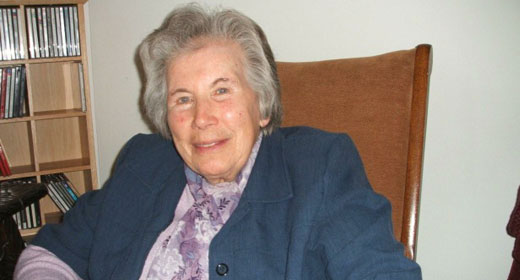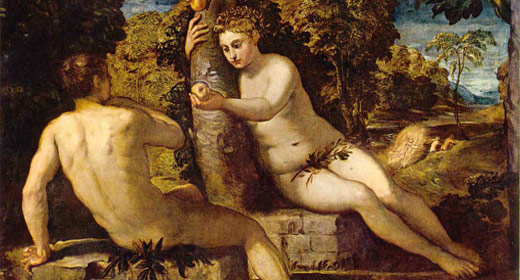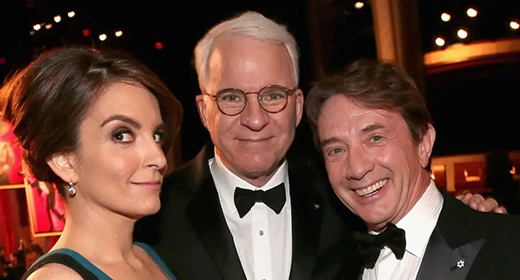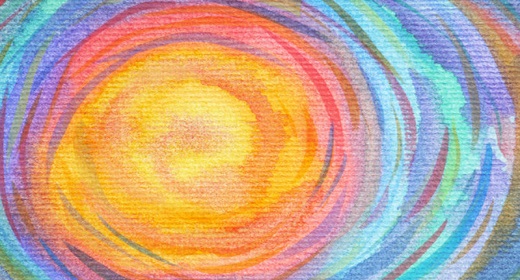by : Don Miguel Ruiz, Jr.: Excerpt from The Five Levels of Attachment: Toltec Wisdom for a Modern World. I project onto the image of myself the values and attributes that reflect my beliefs. The more attached I am to my beliefs, the more difficult it becomes to see myself for who I am at this moment, and the less freedom I have to see life from a fresh perspective and perhaps choose a different path. As my attachments become more intense and more entrenched, I lose the awareness of my Authentic Self as it becomes obscured by the filters of my belief system. In the Toltec tradition, we call this the Smokey Mirror — the smoke that doesn’t allow us to perceive our Authentic Self.
What gives these attachments their strength is conditional love. When you look in the mirror, instead of accepting yourself for who you are at this very moment, you likely start telling yourself why you are unacceptable in your current form and what you need to do to be able to accept yourself:I must meet this expectation to be worthy of my own love.
The desire to obtain the flawless fulfillment of the archetypal model of each one of my agreements distorts my reflection even more. I begin to judge and evaluate myself according to the standards of my agreements, which have turned into the conditions for self-acceptance. I implement a system of reward and punishment to train myself to reach that archetypal model. This system is known in the Toltec tradition as domestication.
As my attachments become more intense and more entrenched, I lose the awareness of my Authentic Self as it becomes obscured by the filters of my belief system.
The primary tool used to domesticate oneself is self-judgment. Using my archetypal model of what “I am Miguel” is supposed to mean, I see upon looking at my reflection all the perceived flaws or inadequacies, and my domestication springs into action:
• “I’m not smart enough. . . .”
• “I’m not attractive enough. . . .”
• “I don’t have enough. . . .”
• “I’m lacking this or that. . . .”
And so on.
Self-judgment resides where self-acceptance wishes to be. Our attachment to these negative beliefs and self-judgments can become so normal that we don’t even recognize them as condemnations anymore; we accept them as a part of who we are. But at a very basic level, our self-judgments are all consequences of what we believe about ourselves at our core — whether we accept or reject ourselves.
Of all the beliefs to detach from, this is the most important one: Let go of the attachment that you must obtain some image of perfection in order to be happy. And this isn’t only about appearances; it includes the way we think, the philosophy we follow, our spiritual pursuits, and our place in society. All these things are conditions upon which we accept ourselves. We think that in order to be worthy of our own love we must live up to the expectations we place on ourselves — but we need to realize that these expectations are the expression of our agreements, not of our true nature.
Ironically, it is often at the moment that we have the opportunity to see our truth — when we are faced with our reflection, whether in a mirror or outside in the world — that the narrators speak the loudest. I know of people, myself included, who have refused to look at themselves in the mirror because the self-judgments were deafening. It is impossible for people — teens and adults alike — to live up to an illusion.
Of all the beliefs to detach from, this is the most important one: Let go of the attachment that you must obtain some image of perfection in order to be happy.
[youtube]http://youtu.be/XILr5f0Gpl8[/youtube]
Of course, it’s easy to blame our media, our culture, or our community for perpetuating images of what it expects of us. It is true that we are flooded with commercials and archetypal images of heroes and heroines, beautiful damsels in distress and professional athletes, examples of ugliness and how not to be. But at the very core of it, there is no one to blame, because a commercial, like self-judgment, has no power over us unless we agree with its message. It is only when we willingly attach ourselves to these images and distortions that our happiness is compromised.
We do not need to take the blame for these self-judgments. We can simply become aware that they have been developing in our lives since childhood through the process of domestication. Once we are aware of our self-judgments, we can reclaim our freedom by choosing for ourselves to transcend the rewards and punishment model that has been imposed upon us to eventually arrive at a place of self-acceptance.
We have a choice . . . That is our power.
When you look into the mirror, you are the only one who can hear your narrators; only you know what those self-judgments are. They take whatever voice and shape you give them, but they are only the expression of something you’ve already said yes to. You can make the choice to detach yourself from the standards that create an unrealistic image of yourself by knowing that you have the power to say no. When you no longer believe in a self-judgment, it will no longer have any power over you. You can choose to view yourself from a place of acceptance based on the undeniable truth that you are already perfect and complete exactly the way you are right now.
But at the very core of it, there is no one to blame, because a commercial, like self-judgment, has no power over us unless we agree with its message. It is only when we willingly attach ourselves to these images and distortions that our happiness is compromised.
From this point of view, you may still choose to make some life changes; but now the motivation to change is not because you hope to someday love yourself but because you already do love yourself. When the reflection is viewed from this angle, change flows in synchronicity with the trajectory of your life, and the possibilities are limitless. Suffering only occurs when we forget that.
Excerpted from The Five Levels of Attachment: Toltec Wisdom for a Modern World by don Miguel Ruiz , Jr. © 2013 Hierophant Publishing, distributed by Red Wheel/Weiser.
don Miguel Ruiz, Jr., is a Nagual, or a Toltec Master of Transformation. He is a direct descendant of the Toltecs of the Eagle Night lineage, and is the son of don Miguel Ruiz, author of The Four Agreements. He lives in Sacramento, California with his wife and two children.You can choose to view yourself from a place of acceptance based on the undeniable truth that you are already perfect and complete exactly the way you are right now.








































